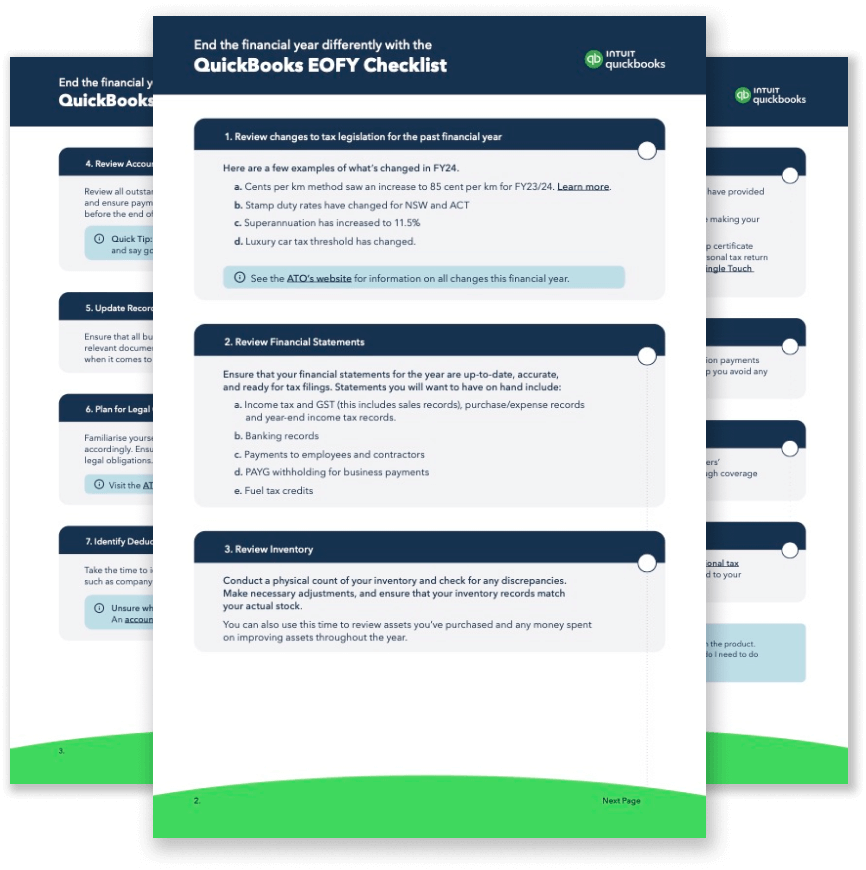What Financial Statements
Financial Statements Definition
Financial statements are reports that summarize a company's financial performance over a specific period of time. They are important tools for understanding a company's financial position and are used by investors, analysts, and other stakeholders to assess the company's profitability, liquidity, and solvency.
There are three primary financial statements that companies typically prepare and report on:
- Income statement: This statement summarizes a company's revenue and expenses over a specific period of time (such as a month, quarter, or year) and provides a summary of the company's net income or net loss for that period.
- Balance sheet: This statement provides a snapshot of a company's financial position at a specific point in time. It summarizes the company's assets, liabilities, and equity and provides a view of the company's liquidity and solvency.
- Cash flow statement: This statement provides a summary of a company's incoming and outgoing cash flows over a specific period of time and is broken down into three categories: operating activities, investing activities, and financing activities.
Other financial statements that companies may prepare include statement of changes in equity, notes to financial statements, and management discussion and analysis.
Financial statements are prepared in accordance with generally accepted accounting principles (GAAP) or International Financial Reporting Standards (IFRS) and are audited by independent auditors to provide assurance that the financial statements are presented fairly and accurately.
Financial statements are important sources of information for investors, analysts, and other stakeholders, as they provide a basis for making informed decisions about investing in or working with a particular company. They are also used for regulatory and compliance purposes and are required by law in many jurisdictions.
Here are some additional points to consider about financial statements:
- Financial statements provide insights into a company’s financial performance and health. By looking at financial statements, investors and analysts can identify factors affecting a company’s profitability, cash flow, and balance sheet strength.
- The income statement shows a company’s revenues and expenses and the resulting net income or loss over a specific period. Investors and analysts can use the income statement to assess a company’s operating efficiency, profitability, and potential for growth.
- The balance sheet shows a company’s assets, liabilities, and shareholders’ equity at a specific point in time. Investors and analysts can use the information on the balance sheet to assess a company’s liquidity (its ability to meet its short-term obligations), solvency (its ability to meet its long-term obligations), and net worth.
- The cash flow statement shows how a company generates cash and how it uses that cash over a specific period of time. Investors and analysts can use the cash flow statement to assess a company’s ability to generate cash from its operations, invest in capital expenditures, and pay dividends or repay debt.
- In addition to the three primary financial statements, companies may also provide additional disclosures in footnotes to the financial statements or in the management discussion and analysis section of their annual report. This information can provide additional insights into the company’s financial performance, risks, and opportunities.
- Financial statements can be used to compare a company’s performance over time or against industry benchmarks. By comparing financial statements over several periods, investors and analysts can identify trends and patterns in a company’s financial performance, which can help inform investment decisions.
- Financial statements must be prepared in accordance with accounting standards, such as GAAP or IFRS. These standards provide guidance on how to prepare financial statements and ensure consistency and comparability across companies.
- Auditors review and provide an opinion on a company’s financial statements to provide assurance to investors and other stakeholders that the information presented is reliable and accurate.
- Financial statements can vary in their complexity, depending on the size and complexity of the company. Small businesses may only produce basic financial statements, while large multinational corporations may have very detailed and complex statements.
- Financial statements can be analyzed in many ways. Ratios such as price-to-earnings (P/E), debt-to-equity (D/E), and return on investment (ROI) can be calculated using the data from the financial statements, which allows investors and analysts to more accurately assess the company's financial position and performance.
- Financial statements alone are not always sufficient for providing a complete picture of a company's performance. Other factors, such as changes in management, economic conditions, regulatory changes, and industry trends, can also impact a company's financial performance.
- Financial statements are not immutable and can be affected by accounting choices or changes in accounting standards. For example, a company may choose to use different depreciation methods or different inventory valuation methods, which can impact the numbers on the financial statements. Changes to accounting standards can also impact the presentation and disclosure of financial information.
- While financial statements must be prepared accurately and with appropriate disclosure of information to be reliable, they still involve estimates, assumptions, and judgments in the accounting process. These estimates can impact the numbers that are reported on the financial statements.
- Financial statements can only provide a snapshot of a company's financial performance at a specific point in time. To get a more complete picture of a company's performance, investors and analysts should consider multiple periods and other sources of information, such as news articles, market trends, and competitor analysis.
- Financial statements can be used to investigate potential fraudulent activity within a company. In some cases, financial statements may be manipulated or falsified in order to misrepresent a company's financial performance or position. This can be brought to light through forensic accounting or other investigative techniques.





